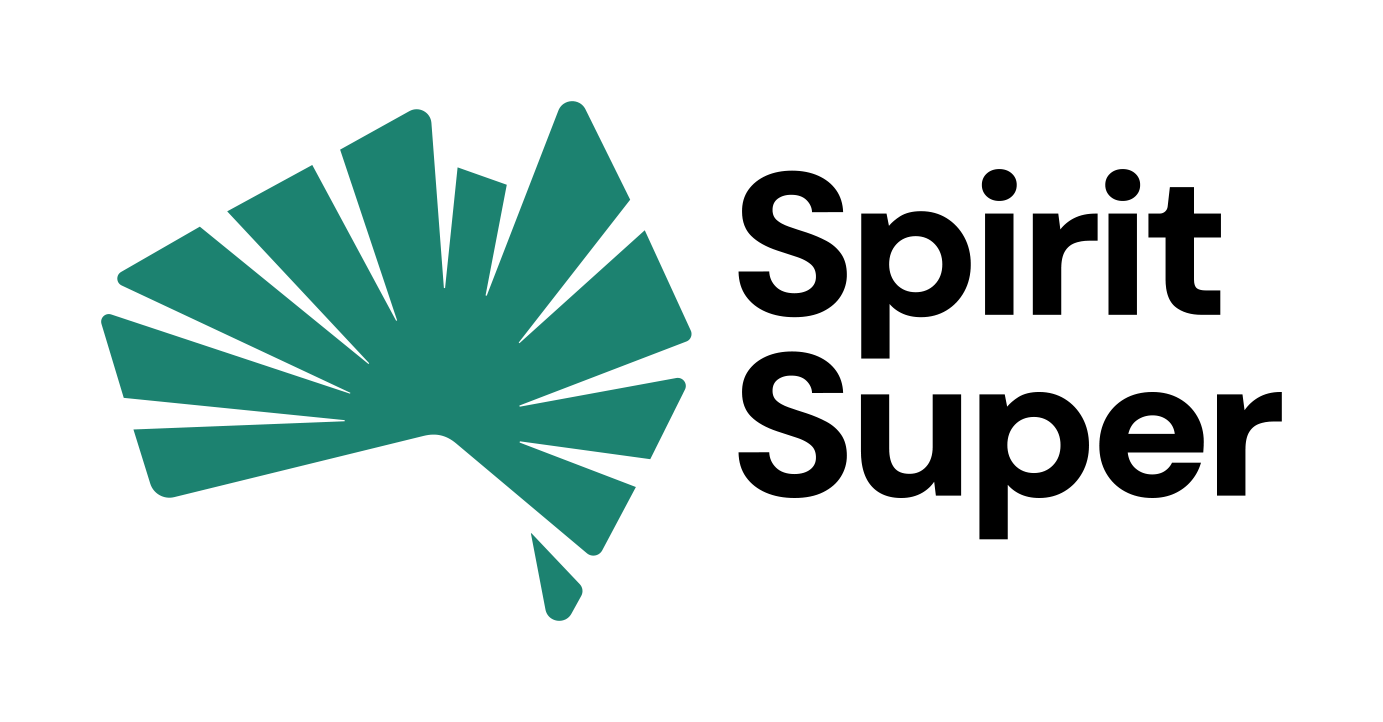
The Tasmanian Automotive Chamber of Commerce (TACC) has served the automotive industry in Tasmania since 1928.
There had always been a long standing and mutually supportive relationship between TACC and the Victorian Automotive Chamber of Commerce (VACC).
TACC successfully lobbied state government on behalf of members for many years, but times were changing and in 1999 TACC and VACC were amalgamated. This merger offered members a more diverse range of services, while still maintaining a Tasmanian perspective on local issues.
Today we are dedicated to the promotion, representation and preservation of member businesses to local, state and federal governments, as well as the media, consumers and the community.
TACC Rules and By-Laws
TACC Code of Business Practice
TACC Code of Conduct
TACC Committee
Chair: Michael Grubb, Specialist Auto Hobart
Vice-Chair: Kate Presnell, Kate Presnell Bodyworks
Matthew Allen, North City Cars and Commercials Pty Ltd
Jesse Carter, Autotechnik
Mark Cooper, Cooper Automotive Mornington
Gene Finn, Finn's Bodyworks
Rob Jenkyns, Blackman Bay Motors
Peter Killick, B Select Moonah
Roger White, Specialist Car Centre
